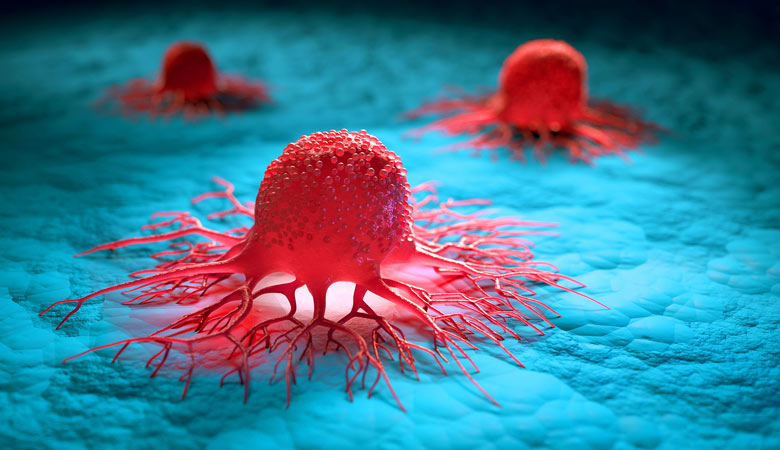Understanding the Challenge: Breast Cancer Breast cancer remains a significant health concern, characterized by the uncontrolled growth and spread of abnormal cells. Its rising prevalence and associated mortality highlight the urgent need for effective treatments and preventative strategies. Melatonin: More Than Just Sleep Most commonly known for its role in regulating our sleep-wake cycles, melatonin …
Understanding the Challenge: Breast Cancer
Breast cancer remains a significant health concern, characterized by the uncontrolled growth and spread of abnormal cells. Its rising prevalence and associated mortality highlight the urgent need for effective treatments and preventative strategies.
Melatonin: More Than Just Sleep
Most commonly known for its role in regulating our sleep-wake cycles, melatonin (MLT), a hormone produced by the pineal gland, is emerging as a powerful molecule with a wide array of beneficial activities. Research has unveiled its antioxidant, immunomodulatory, anti-inflammatory, anti-metastatic, antiproliferative, antineoplastic, antiestrogenic, and anticarcinogenic effects.
Melatonin’s Anti-Cancer Potential
A growing body of clinical and laboratory evidence demonstrates melatonin’s significant anticarcinogenic activity against various cancers, including breast cancer. Its multifaceted approach to combating cancer involves:
- Inducing Apoptosis: Triggering programmed cell death in cancer cells.
- Oncostatic Effects: Inhibiting the growth and proliferation of cancer cells.
- Preventing Metastasis: Crucially, melatonin shows a unique ability to prevent cancer cells from entering the circulatory system, thereby hindering their spread to distant parts of the body.
- Inhibiting Initiation and Progression: Melatonin can interfere with the very beginning of cancer development and its subsequent advancement.
Focusing on Future Research: Epigenetics and Telomeres
While the existing data on melatonin’s anti-cancer properties is compelling, further comparative studies with other major treatments are essential to solidify its role in breast cancer therapy. Future research will particularly focus on:
- Epigenetic Mechanisms: Investigating how melatonin influences epigenetic changes, such as DNA methylation, which play a critical role in gene expression and tumor growth. Understanding how melatonin modulates DNA methylation in specific breast cancer-related genes could uncover novel therapeutic targets.
- Telomere Length Dynamics: Exploring melatonin’s impact on telomeres – the protective caps at the ends of our chromosomes. Research will delve into its function in modulating breast cancer cell telomere dynamics, including its role in protecting, shortening, or altering telomere length. Clinical trials can assess telomere length as a predictive biomarker for melatonin efficacy in breast cancer treatment and disease progression.
Beyond the Lab: Lifestyle and Combination Therapies
Future studies will also explore:
- Synergistic Actions: Investigating the potential of combining melatonin with other epigenetic modulators to develop more effective combination therapies.
- Lifestyle and Circadian Factors: Understanding the broader role of lifestyle and circadian rhythms in conjunction with melatonin in cancer prevention.
Conclusion:
Melatonin holds immense promise as a natural agent with significant anti-breast cancer potential. Continued research, particularly in the areas of epigenetics and telomere dynamics, will be crucial in unlocking its full therapeutic value and integrating it into future breast cancer treatment and prevention strategies.








